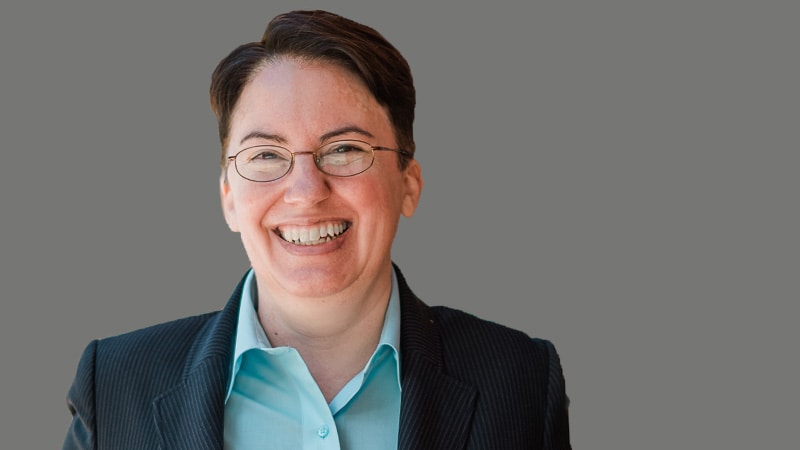“Previous research has found that transportation was the single highest out-of-pocket nonmedical cost for patients with cancer receiving treatment.”
– Dr Chino, 2021
Dr Fumiko Ladd Chino has a lot to say on the topic of how much cancer care harms families in the US. It’s information you need to hear. And she knows about it first-hand. I’ll let her tell you her own story, but suffice it to say that she is both an oncologist and a frontline witness to this ongoing tragedy.
In the July 16, 2020 issue of JAMA Oncology, Dr Chino and her team presented their findings on the topic of car storage during oncology treatments. Down here in gator country, we do not charge dying people who can’t walk long distances for the necessity, not convenience, of having a nearby parking option while they talk with us. I am closely related to several cancer patients and have never known them to be charged in this manner, so this topic certainly caught me by surprise. You should have a look at the paper, but I will summarize by saying that a patient making $28,974 per year ($24,966 after federal taxes) could have to pay as much as $1680 just to park at your cancer center during her course of treatment.
I have to confess that I’m new to thinking about the problematic way we handle transportation in this country. My family drives automobiles until they fall apart, and this is just taken as a natural part of life. One Nissan Sentra was passed down through, and sometimes carried, three generations on my father’s side over the course of 31 years (the glove box and part of the floor only made it through 27). We were lucky and lived in a place that, while it had no public transportation whatsoever, knew nothing of paying to park unless you had to drop a quarter in the meter when you went downtown. It’s not hard to imagine the rather shocking impact that parking charges like those above would have had on the family budget. Add that to the cost of gas and the many post-insurance hospital bills also unavoidable in the process of getting through cancer treatment. Then consider that the sole breadwinner for the family may be the one who is sick, and, in the low end of the pay ranges tabulated in the paper, more likely than not will have little paid medical leave from work.
An excellent episode of Adam Ruins Everything opened my eyes to the way that we in the US allow automobiles to rule our lives, and of course, we all know about the high death tolls racked up on our nation’s roads each year. But here we have evidence that being dependent on a car may impact our survival in a completely unrelated medical situation. I know with absolute certainty that some of my full-time working, carefully budgeted, insured patients would be badly harmed by even the more modest parking fees described in this paper, and most live outside the range of public bus lines that approach our clinic.
The good news here is that many centers waive parking fees for their patients. Enough so that Dr Chino’s crew found that the median charge for some of the situations they considered was $0.
I’ve been asking myself what I would do if my hospital were one of those that charges. Anyone have a good idea about how to tackle this?
Please join the discussion below, but if you need to communicate with me offline you can reach me at OncBlogMedscape@gmail.com.
Follow Medscape on Facebook, Twitter, Instagram, and YouTube
About Dr Kate Hitchcock
Kate Hitchcock, MD, PhD, is a radiation oncologist, biomedical engineer, and retired aircraft carrier driver who grew up as a Wyoming cowgirl. When she is not at the hospital, you can find her with Carolyn, Mary, Tyler, Nick, Marlee, and Colby the barking dog, enjoying the natural splendor of the great state of Florida. She thinks you should visit sometime and try to solve the puzzle of why the natives have so carefully shunted all of the tourists toward the House of Mouse. Connect with her on Twitter:
@hitchcock_kate

